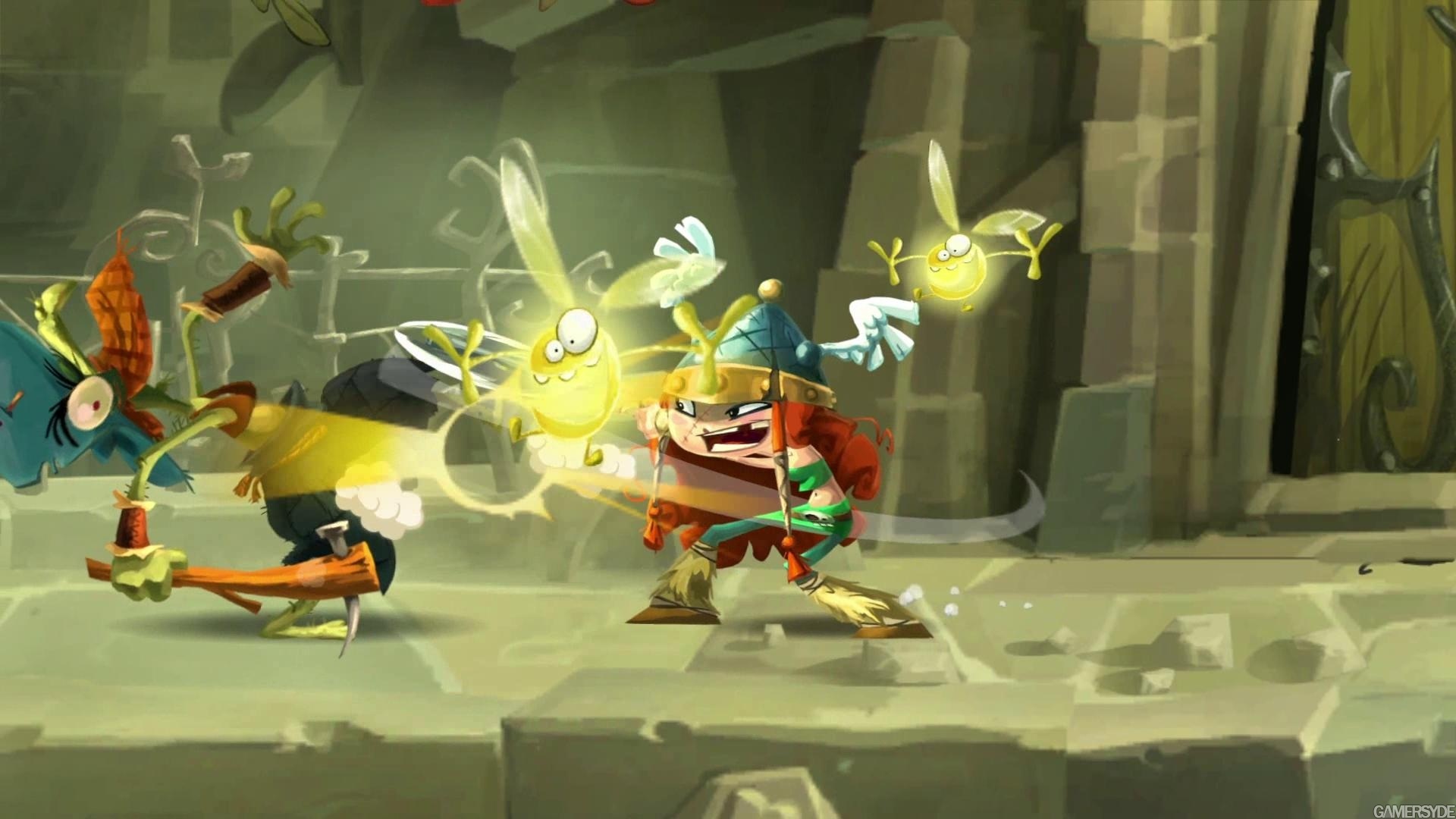
We’ve learned (via Dualshockers), that seven Socialist members of French parliament tried to pass an amendment that would exclude games that portrayed women in a “degrading way” from receiving tax credits which game developers are normally eligible for.
The means by which this tax credit would work under the proposed bill is that any game with a development cost of over 100,000 euros created mainly in France are eligible for a tax credit of up to 20% for the games development cost, and here’s the kicker, provided it does not contain pornographic or extremely violent material.
Fortunately, the bill has been “withdrawn”, but it is still unknown whether it will come back in some other form.
The contents of the amendment were as follows:
This amendment is intended to exclude from obtaining a tax credit for expenses related to video games development (CIJV), games that portray women in a degrading manner, like it is already the case for games containing pornography or extreme violence.
The struggle against the sexist content of some video games, which is regularly criticized by female players who, contrary to popular belief, represent in France about 50% of players, must be a strong public policy goal, like it was demonstrated by the Law For Real Equality Between Men and Women of August 4th 2014, that strengthened the powers of the Conseil Supérieur de l’Audiovisuel (CSA) regarding the portraying of women and men in program services of audiovisual communication – particularly by fighting stereotypes, gender bias, degrading images, violences against women and violence among couples.
[…]
Currently, games including pornographic or extremely violent sequences which might severely impact the physical, mental or moral health of the user are not eligible for the benefits of the CIJV. Furthermore, video games specifically intended for an adult audience and marketed as such, excluding those containing sequences that are pornographic or extremely violent, are eligible by law to tax credits if their contribution to the development and diversity of French and European video game creation is significant, as determined by a points system. The previously mentioned decree dated June 23rd, 2015 defined a scale to assess the contextualization of violence.
In line with recommendation 17 of the informative report 3348 of the Delegation for Women’s Right and Equal Opportunities Between Men and Women on Women in Digital, this amendment seeks to amend the provisions of Article 220 terdecies of the tax code to alter the conditions of eligibility for video game tax credit (CIJV).
Therefore, in order to encourage a change in practices in this area, and contribute to the fight against sexism, stereotypes and gender violence in video games, it is hereby proposed to clarify that video games containing degrading representations against women are not entitled to the benefit of the gaming tax credit.
The amendment itself is quite vague, as there are no real criteria of what can be considered a “sexist game,” as such things are mostly subjective to the end user.
The amendment was met with mix responses with French developers, with one group commending the initiative but saying it’s not really applicable in practice, while the other group have said that they are very prudent on how they portray women and if this amendment were to come to fruition, that it wold have to be applicable to all forms of media instead of just video games.
You can read the amendment for yourself here, provided you know how to speak French.